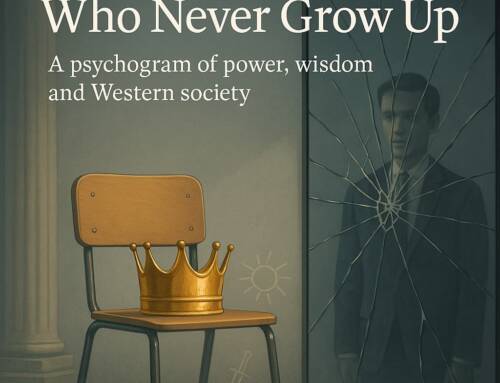In the sector of international development cooperation, the conversation about patronizing behavior isn’t new. Yet, the persistence of such attitudes, even among well-intentioned policies like gender strategies, highlights a critical oversight in our collective approach.
This article endeavors to peel back the layers of patronization subtly influencing our collaborative efforts, calling for a shift towards genuine collaboration.
A New Subtlety in Patronization
The inherent danger of patronizing attitudes in development cooperation is pervasive and subtle, surfacing in our decisions and actions. Reflecting on my extensive participation in development forums, a large-scale workshop in Brussels years ago offered a striking insight into these attitudes. Here, a simple exercise revealed a stark divide along cultural lines concerning the integration of aid with values.
When asked if aid should be bound to values, only white hands were raised in affirmation, contrasting sharply with the unanimous dissent from the rest. This division, stark and without hesitation, underscores a profound malaise within our development cooperation approach, revealing a deep-seated division over the imposition of “universal” values.
The crux of the issue
The tension between value-based aid and the lived realities of diverse global communities illustrates a broader pattern. While promoting gender equality and other noble goals, the execution of these strategies can veer towards a prescriptive imposition of values rather than fostering an inclusive, empowering environment.
This pattern of behavior, where strategies cloaked in progressiveness inadvertently dictate terms, calls for a critical reevaluation of how we approach development cooperation. It’s not just about what values are promoted but how they are integrated into the fabric of aid, respecting the diverse cultural contexts we engage with.
Embracing Technological Advancements
The advent of technologies like Large Language Models (LLMs), including ChatGPT, presents new frontiers and challenges in development projects. When local partners express interest in utilizing such tools and are met with resistance or outright dismissal from development organizations, it exemplifies a classic form of patronization.
These partners are capable legal entities, responsible for their decisions. Ignoring their requests or dismissing their interest in innovative technologies based on rigid project outlines or legal concerns does not align with the principles of genuine partnership and respect for autonomy.
Towards Genuine Collaboration
In the quest for efficiency and accountability, communications technology has become a double-edged sword within development cooperation. It grants donors unprecedented ability to monitor and control project implementation from afar, potentially overshadowing the expertise and insights of those on the ground.
This technological oversight, while intended to streamline operations and ensure adherence to plans, often imposes a rigid framework that can stifle innovation and local initiative. The pressure to adhere to ‘effective’ workflows and predefined outcomes can, paradoxically, lead to inefficiencies, as it disregards the complex, fluid realities of implementing projects in diverse contexts. Such an approach can erode the very essence of meaningful cooperation, replacing collaborative problem-solving with a checklist mentality that prioritizes process over impact. We must recognize that the drive for control and standardization, facilitated by advancements in communications technology, should not come at the expense of common logic and the invaluable local knowledge that guides truly effective implementation
A shift towards genuine collaboration requires recognizing and dismantling the subtle structures of patronization that undermine our efforts. By prioritizing the needs and perspectives of those we seek to assist and embracing a more nuanced approach to development, we can foster a more equitable and effective model of international development cooperation.
In conclusion, addressing the undercurrents of patronizing behavior in our work is imperative. Through reflection, adaptation, and a commitment to genuine partnership, we can move towards realizing the true potential of development cooperation. It starts with listening more intently to our partners, integrating their insights and preferences, and ensuring that our support empowers rather than dictates.





Leave A Comment